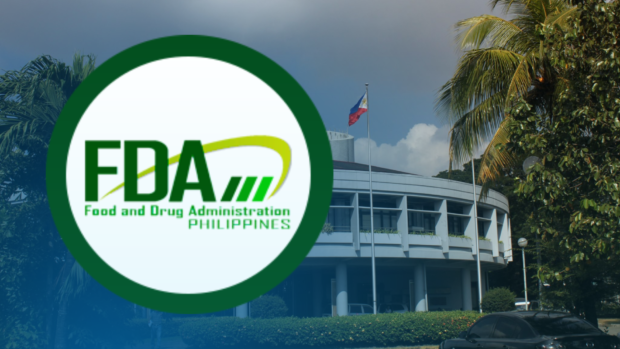FDA to fast-track sale of COVID meds

Photo from the Facebook page of the Food and Drug Administration
MANILA, Philippines — The Food and Drug Administration (FDA) launched on Tuesday “Task Force Fleming” as part of a program to facilitate the approval and evaluation of COVID-19 drugs for commercial use “without compromising efficacy, quality, and safety.”
“The COVID-19 drugs that will be approved and issued with a certificate of product registration (CPR) will be readily accessible to the general public in FDA-licensed drug establishments with the assurance that any post-market issues will be addressed,” the agency said in a statement. A CPR is a license issued by the FDA for medical items such as COVID-19 drugs, allowing these to be legally manufactured, distributed, and sold directly to the public.
All COVID-19 vaccines and medicines in the government’s inventory are currently distributed and administered under an emergency use authorization or EUA.
Applications submitted
The FDA said manufacturers of four COVID-19 drugs with EUAs have already submitted their applications for a CPR but have not listed the product names. There are only three authorized COVID-19 medications listed on the FDA website: casirivimab and imdevimab (known as Ronapreve), monulpiravi and nirmatrelvir and ritonavir (Paxlovid).
Missing vaccines
Meanwhile, Sen. Francis Tolentino expressed alarm over the plan of the Department of Health (DOH) to incinerate 44 million expired COVID-19 vaccines, warning that this might result in an environmental disaster and pose serious health problems.
Article continues after this advertisementPresiding over the hearing of the Senate blue ribbon committee, Tolentino asked health officials about the whereabouts of about 20 million COVID-19 vaccines that appeared to be “missing” from the government’s inventory.
Article continues after this advertisementCiting figures submitted by the DOH, he said the Philippines received over 251 million vaccine doses, including those procured by the government and private groups.
Of the total, 162 million doses had been administered, 25 million were being kept in various government units while 44 million doses were wasted, Tolentino noted, adding: “If this computation is right, we’re missing 20 million [doses]. Where are these vaccine doses?”
Dr. Ma. Joyce Ducusin, chief of the DOH Supply Chain Management Service, said that the “variance” may just be due to underreporting by local governments that received the vaccines.
She added that the DOH would conduct an inventory of all remaining vaccine doses in its warehouses and the storage facilities of local governments.
Disposal process
Tolentino then quizzed the health officials about the disposal process for expired vaccines, reminding them that the discarded doses could have “deleterious effects” on the environment and people.
“Is this considered as hazardous waste? Where do we dump these, including the vials? Where do we throw this away? This might contribute to our problem with climate change,” he said.
“Environmentally, that might not be sound. That may also be hazardous,” Tolentino later told reporters.
Ducusin said the DOH was planning to burn the expired doses through a process called “pyrolysis” in an incinerator facility in Trece Martires City, Cavite province, and dump the medical waste in another facility at Clark Freeport in Pampanga.
Dr. Anthony Cu, of the DOH Field Implementation and Coordination Team, said they would comply with the strict guidelines on the handling and dumping of medical wastes.
“We will make sure that these wastes are no longer infectious before we actually dispose them. The entire process makes it sterile and no longer infectious,” Cu told Tolentino.